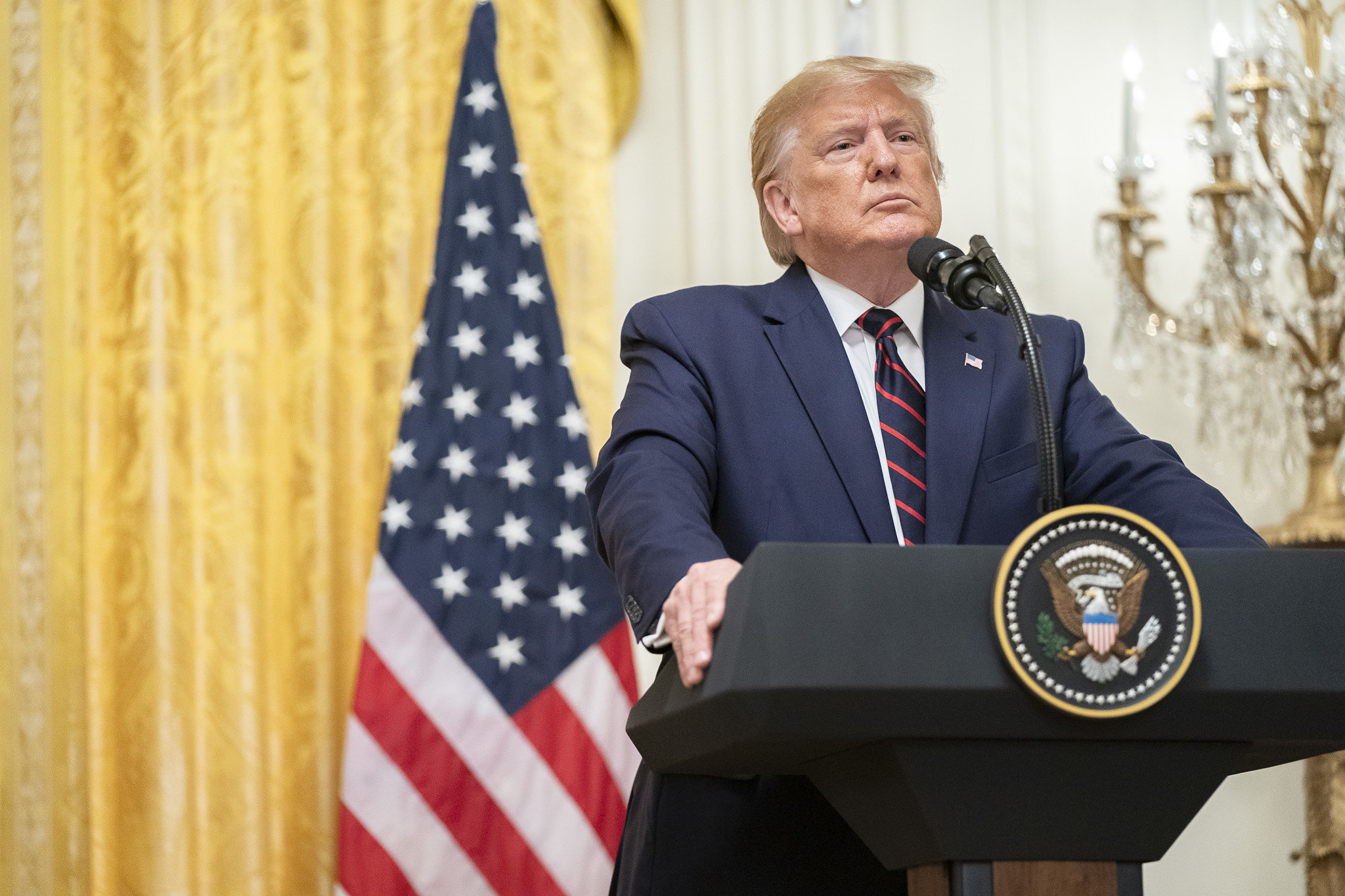Many financially successful families have accumulated vast amounts of wealth through a variety of means, ranging from starting their own businesses to passing down legacies that have come from previous generations of family members. Although Wall Street is more than happy to cater to the financial needs of the rich, many wealthy families have sought to set up their own family offices to help them in all aspects of managing their wealth, including not only money management but also estate planning, risk management, and even personal services. Sara Hamilton, a trust officer by profession, created the Family Office Exchange in 1989 to help family offices come together and share their successes, and in nearly 30 years, the peer network has grown into a key resource for wealthy families. Below, you'll learn 10 key things about the Family Office Exchange and what it does.
1. Family Office Exchange has been an innovator.
Over its history, the Family Office Exchange has been a first-mover in many areas. It became the first consulting resource focused on family offices, and it introduced an industry association for family offices to help them unite. Long before social networks were readily available, the Family Office Exchange worked hard to bring together families that wanted to collaborate with each other, and their unified efforts brought beneficial change for its members.
2. It helped bring down costs.
Wealthy families often pay custodial fees to financial institutions to hold their assets. Even if families employ their own financial advisors in their family offices, the costs that institutions charge just to handle asset transfers and transactional logistics can add up. The Family Office Exchange's study on master custody costs in the early 1990s exposed what many wealthy families had to pay, and it led to favorable changes in the financial industry with respect to custody fees.
3. Families can compare their family office performance to a benchmark.
Early in its history, the Exchange made it possible for family offices to compare themselves to their peers through benchmarking studies. The initial study in the early 1990s included more than 100 participants, providing a fascinating look at how family offices worked and their range of performance in various areas. Using benchmarking can help your family assess how well it's doing with its family office.

Image source: Getty Images.
4. Families can make their family offices run more efficiently.
The Family Office Exchange provides summaries of best practices for family offices and also conducts surveys on compensation and benefits for the professionals that work in family offices. That way, wealthy families can get a better sense of how to run their family offices and how to avoid unscrupulous advisors who might seek to take advantage of their wealth.
5. It aims to advance long-term interests for the wealthy.
The Family Office Exchange focuses on key topics supporting family offices. The ultimate goal is to sustain wealth over generations through efforts such as risk assessment, family legacy and estate planning, education of members of younger generations of wealthy families, beneficial long-term investing strategies, and ensuring a minimum of unnecessary regulatory oversight.
6. Wealthy families can get help in getting good deals with advisors.
It used to be that Wall Street financial professionals could count on the wealthy to provide a disproportionate amount of their income. Yet a recent study shows that advisors are losing pricing power as ultra-high net worth families are finding less added value from the assistance that outside professionals provide. By understanding how advisors are looking to justify their fees, wealthy families can predict sales pitches and develop responses in advance, and that can assist them in their fee negotiations.
7. Families can build their own direct investing capabilities.
Lately, family offices have sought to duplicate private equity and hedge-fund style investments without the outrageous fees that professionals charge. Rather than paying a 2% annual fee and 20% of any profits on investments in an outside fund, family offices can go direct and make investments on their own. As an added benefit, structuring deals individually can offer more tax flexibility and allow for longer-term commitments than most private equity funds allow.
8. The wealthy can learn about fiduciary responsibility.
Many wealthy families set up trusts that require family members to be trustees and work with beneficiaries. The Family Office Exchange offers workshops for trustees to make sure they understand their responsibilities, and they also make training available to beneficiaries so that they know which requests are appropriate and which are unreasonable. That way, the relationship between trustee and beneficiary can be as smooth as possible.
9. Wealthy families can identify threats.
There are many challenges that wealthy families face, including potential attacks from computer hackers, estate and gift transfer taxes, and erosion of interest in a family business over the generations. The Exchange has seen those threats hurt families, and it has the consulting expertise to help provide guidance to those families that are seeking to avoid those problems.
10. Family Office Exchange has become a global resource.
The Exchange started with its main office in Chicago, but it has now spread across the world. With branch offices in New York and San Francisco as well as in Spain and Australia, it offers its services to families throughout the Americas, Europe, Africa, and the Asia-Pacific region.
Family Office Exchange has come a long way in a relatively short time. As an independent resource for wealthy families, it offers vital assistance that can provide a key gut check on the advice that financial advisors seeking to profit from those families' wealth.





